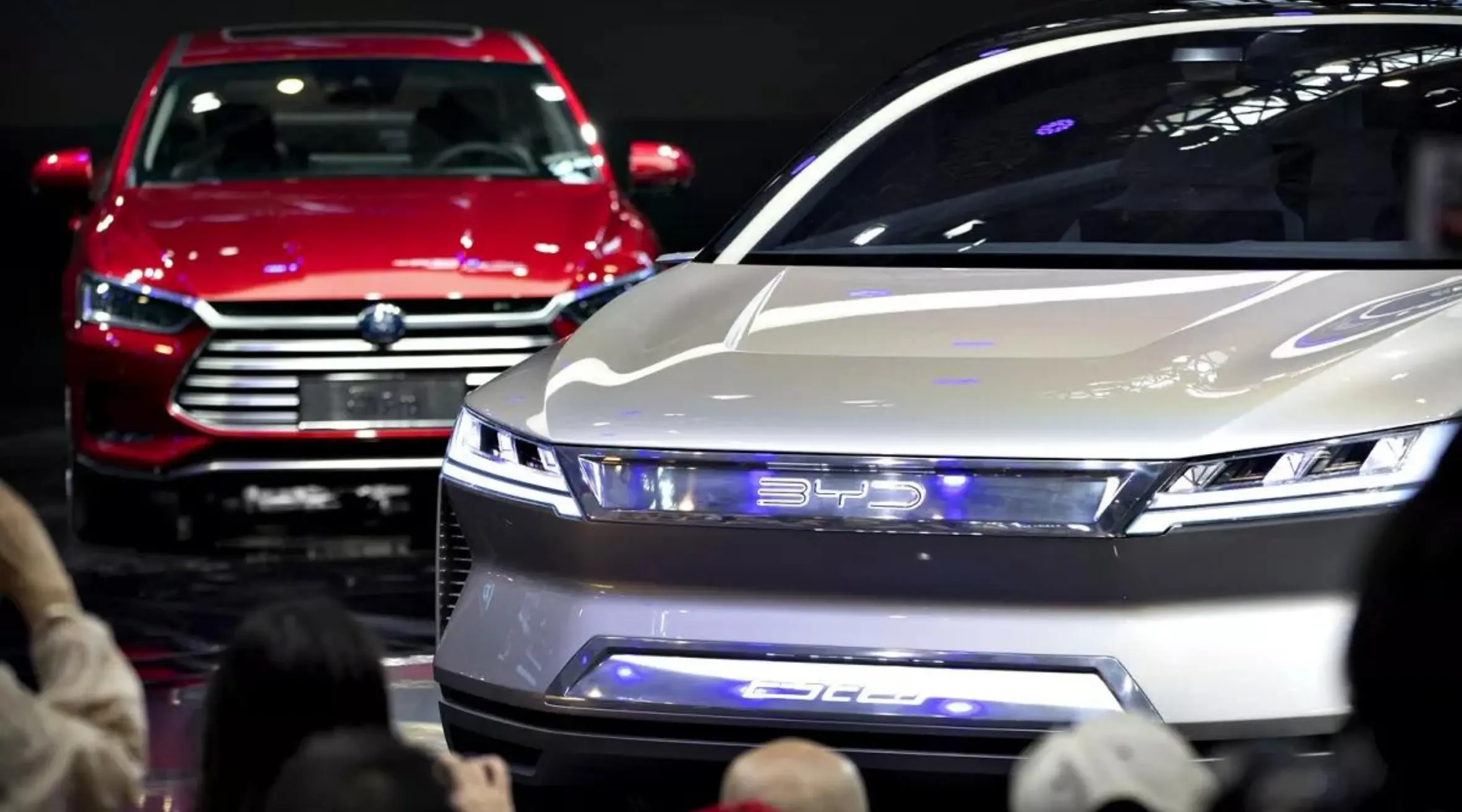Europe (Transatlantic Today) – The European Commission has confirmed what appeared to be a predetermined conclusion: high tariffs will be imposed on China-made battery electric cars (BEVs) beginning July 5, a watershed event poised to reshape relations with Beijing and invite punitive measures against European companies.
Investigation Uncovers Widespread Subsidies
The investigation, which began in early June, discovered that Chinese BEV manufacturers, both domestic and foreign, benefit from public funds throughout the production process. Subsidies were identified from raw material extraction to shipping services, allowing Chinese producers to offer their vehicles at significantly lower prices compared to those assembled within the EU, where production costs are higher.
Rising Market Share and Economic Threat
According to Euronews, Chinese-made BEVs have significantly increased their market share in Europe, rising from 3.9% in 2020 to 25% by the end of 2023. The inflow of low-cost imports poses a “threat of economic injury” to the EU’s automotive industry, threatening more than 12 million employment. The additional tariffs are intended to reduce this unfair advantage and protect the sector.
Tariff Details and Implementation
The newly announced tariffs vary based on the parent company, annual turnover, and the estimated amount of subsidies received, and will be added to the existing 10% duty on these vehicles. Key tariff rates include 17.4% for BYD, 19.9% for Geely, 37.6% for SAIC, 20.8% for other cooperating Chinese BEV producers such as Tesla and BMW, and 37.6% for non-cooperating Chinese BEV producers. Initially, these tariffs will be provisional, with customs authorities requiring bank guarantees instead of immediate cash payments, and will remain in effect until a final decision is made in four months.
Political Response and Potential Opposition
Member states will conduct a preliminary vote in two weeks to gauge political support, although this vote will be non-binding. A final decision, subject to a qualified majority vote, will determine whether the tariffs become permanent. Countries like Germany and Hungary, which have strong economic ties with China, may oppose the tariffs, while France and Italy support the measures.
Ongoing Dialogue and Low Expectations
Brussels and Beijing are expected to engage in discussions to find a resolution that could prevent the permanent imposition of tariffs. However, hopes for a breakthrough are low. China has criticized the investigation as a protectionist act and has threatened to take necessary measures to defend its domestic companies. An anti-dumping investigation into EU pork imports by China suggests possible retaliatory actions.
Historical Context and Broader Implications
The decision to impose tariffs comes amid strained EU-China relations, marked by disagreements over various issues, including Russia’s invasion of Ukraine, tensions in the Taiwan Strait, and disinformation campaigns. The Chinese government’s subsidies had previously impacted the EU’s solar business, which informed the current decision. Ursula von der Leyen, President of the European Commission, stressed the importance of fairness in the global economy and the need to defend companies and communities from unfair trade practices.


























